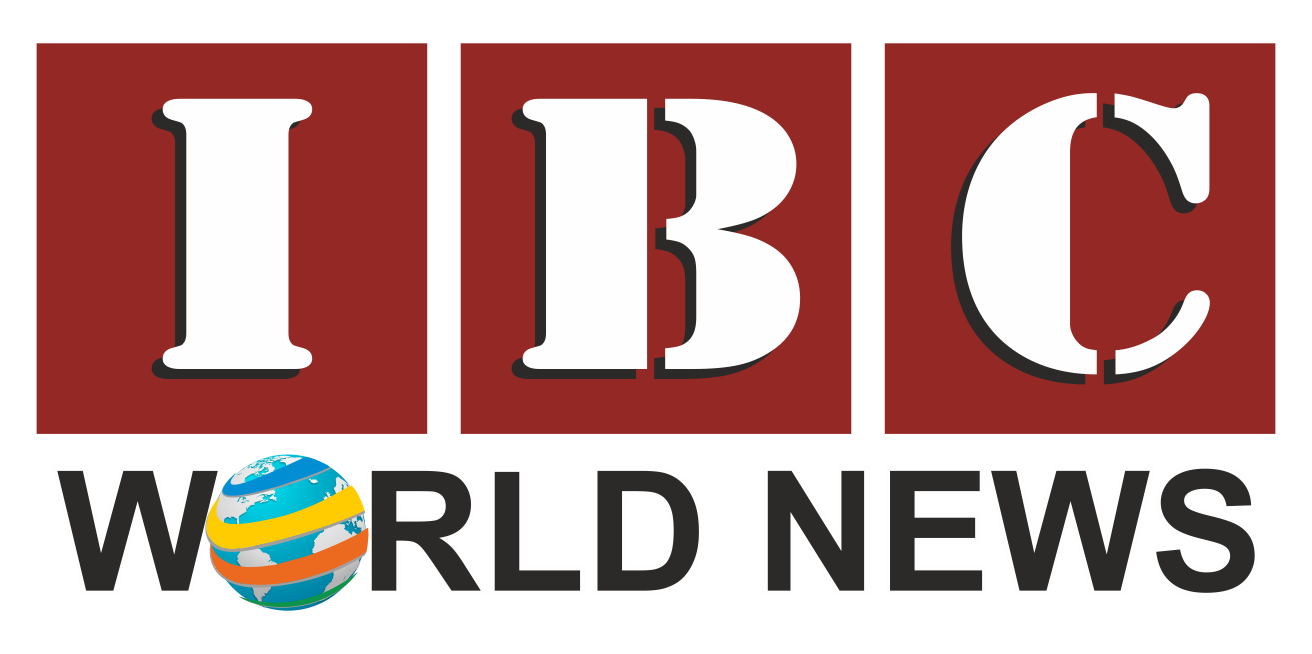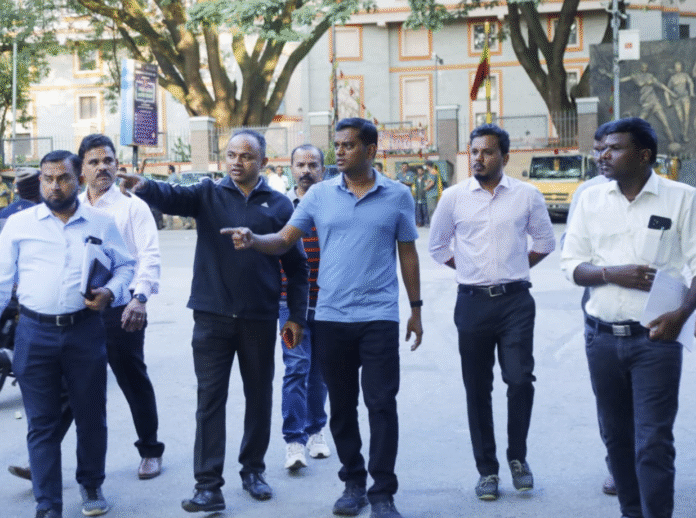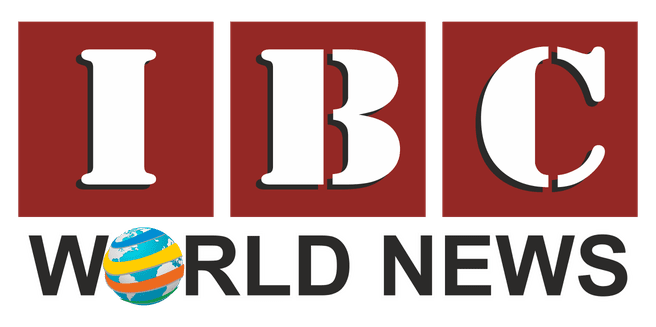Shri Rajendra Cholan, Commissioner of Bengaluru Central City Corporation, conducted a detailed inspection of the Shivajinagar area on Wednesday and issued multiple directions to enhance traffic management, cleanliness, and public safety.
The Commissioner directed officials to prepare a list of abandoned vehicles and hand them over to the Traffic Department for further action. He also interacted with auto rivers at the Vasanthnagar Auto Tipper mustering point, and provided safety guidelines, emphasizing the importance of protective gear and responsible driving. The Commissioner also instructed officials to issue notices and impose fines on commercial establishments that fail to maintain hygiene standards.
He further ordered strict action against the dumping of debris and construction waste on footpaths, warning that violators would face penalties. To improve road conditions, he stressed that potholes should be repaired promptly to ensure smoother traffic flow. Recognizing parking issues, Shri Rajendra Cholan directed the implementation of a Pay & Park system on stretches where vehicles remain parked for long durations, which would help reduce unnecessary traffic buildup.
Additionally, the Commissioner inspected the Indira Canteen and ordered that proper hygiene and cleanliness be maintained to ensure the well-being of visitors.



